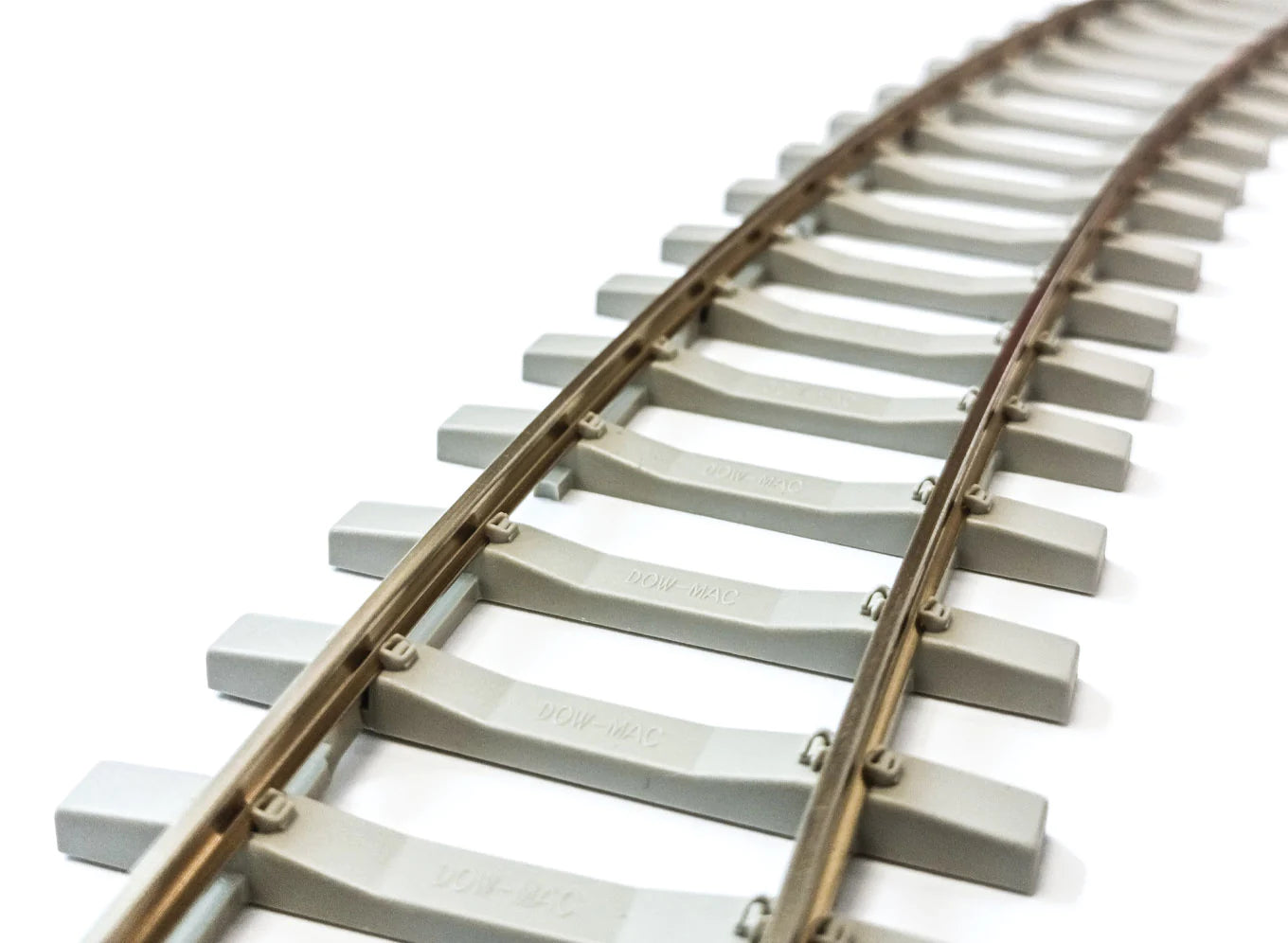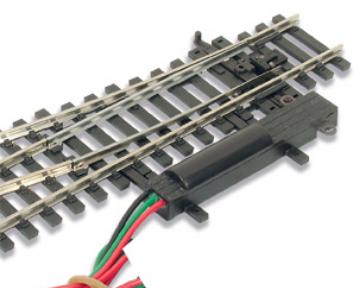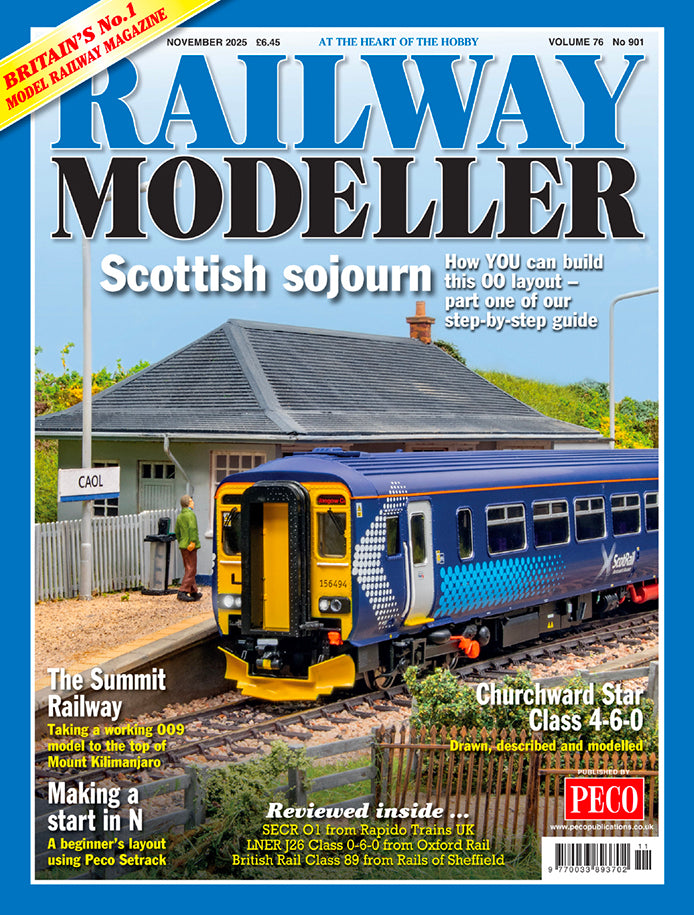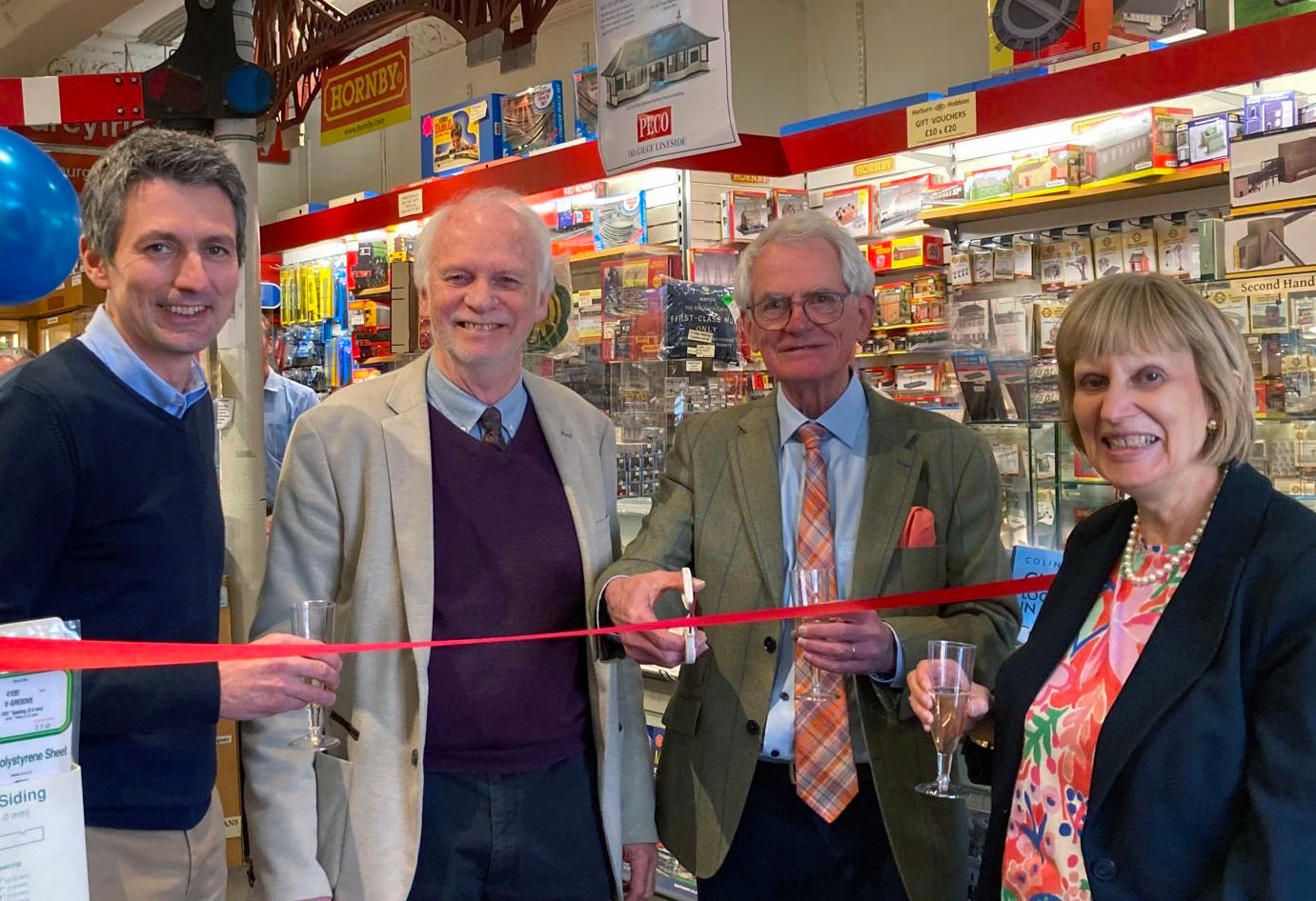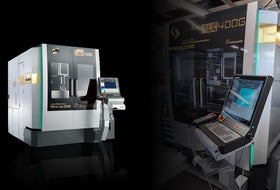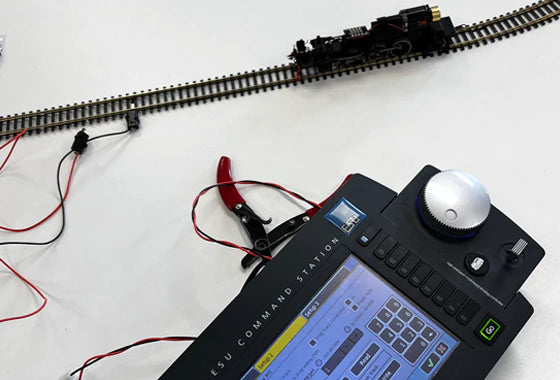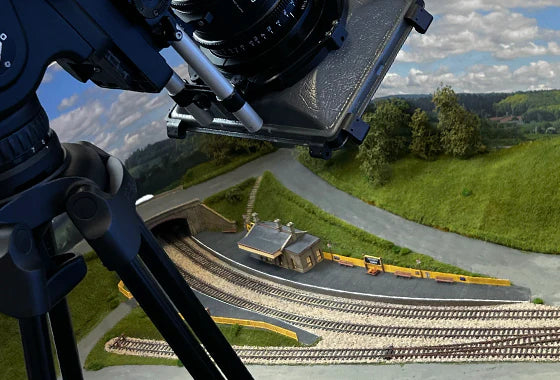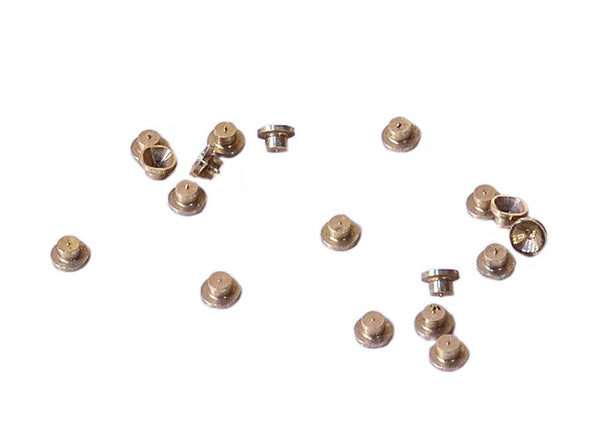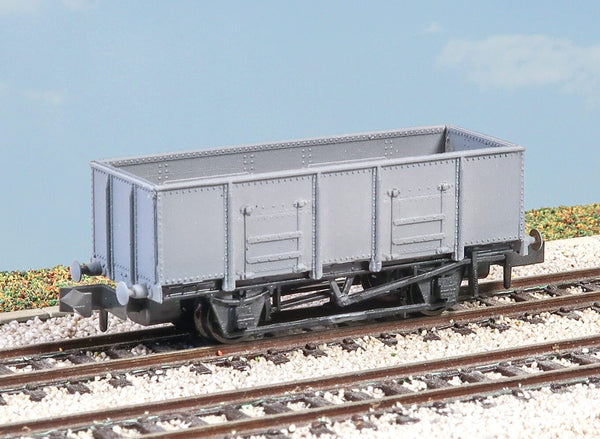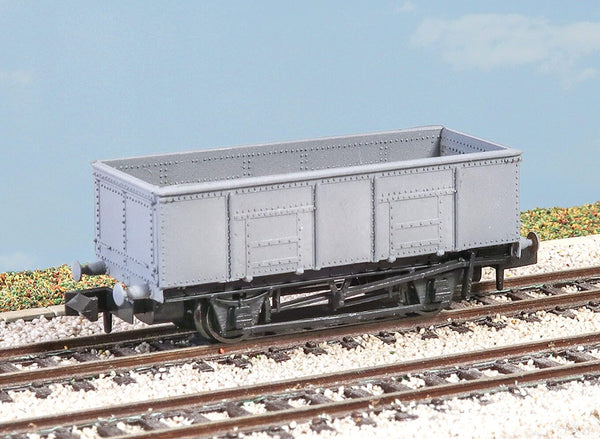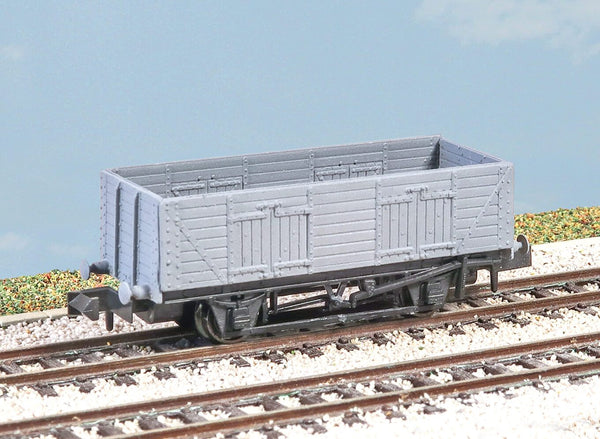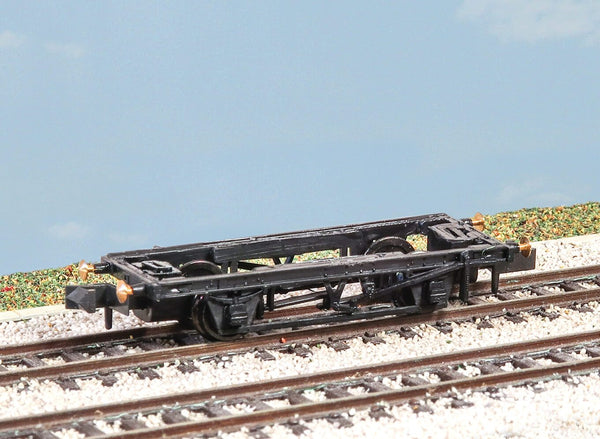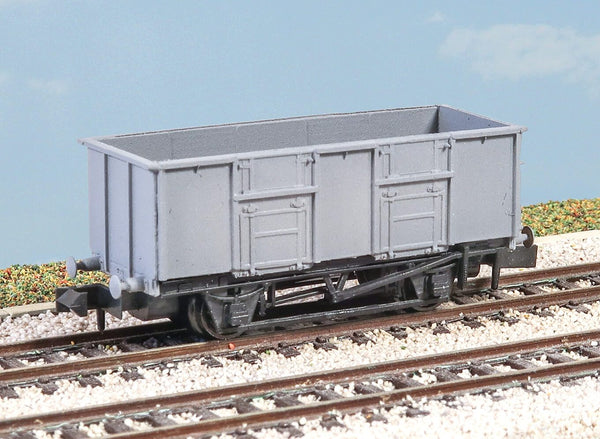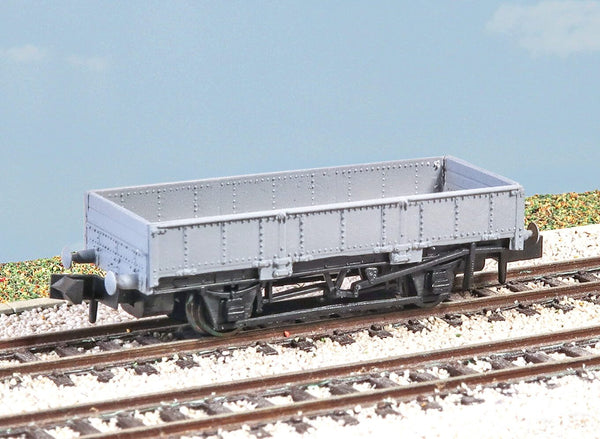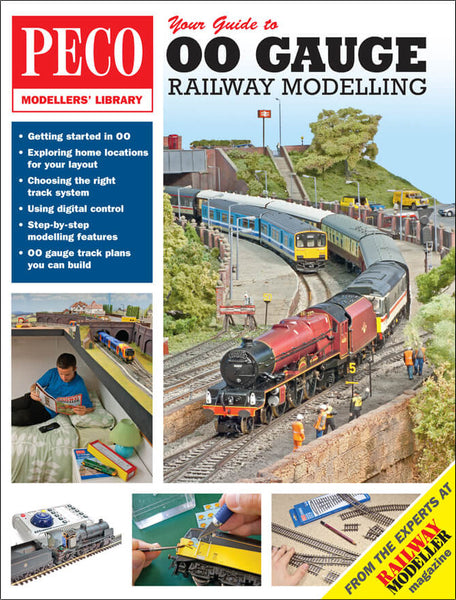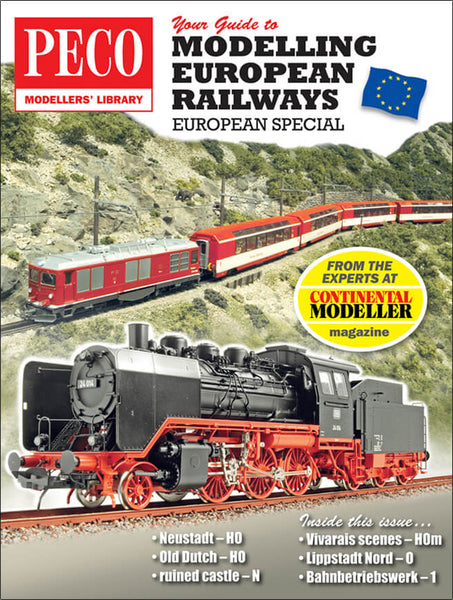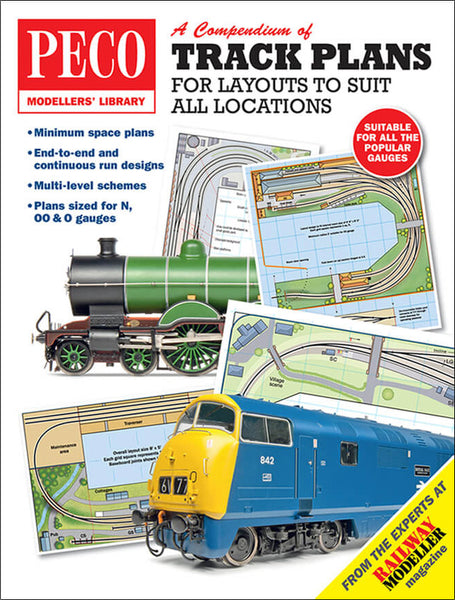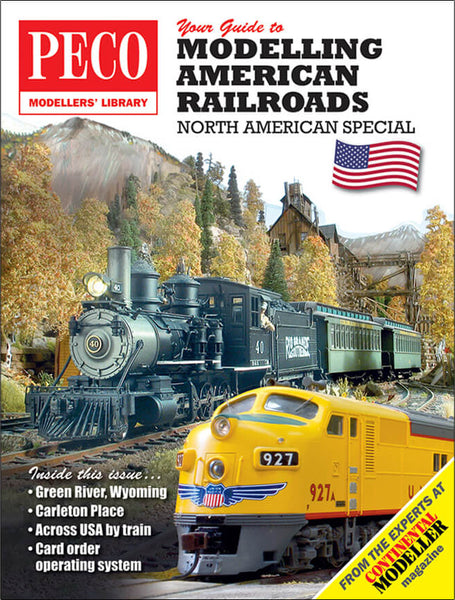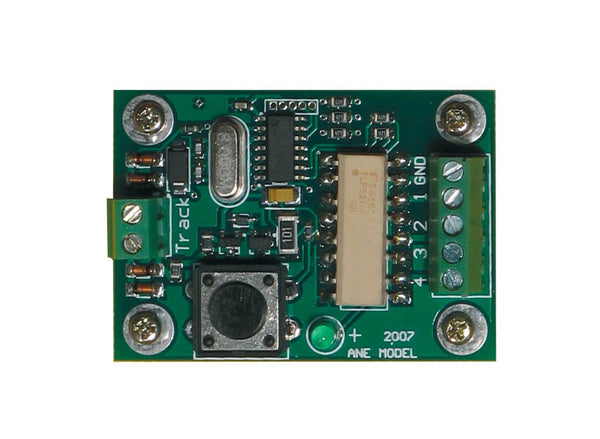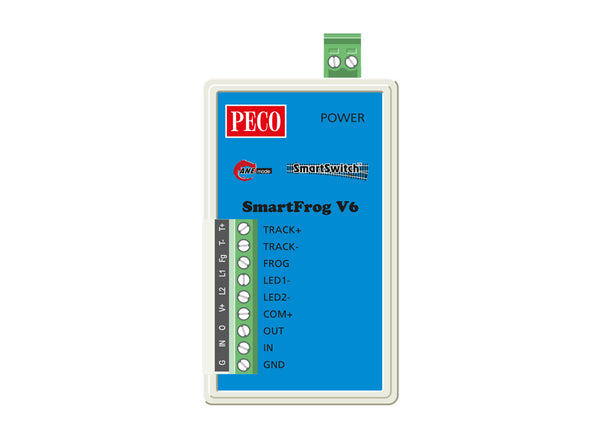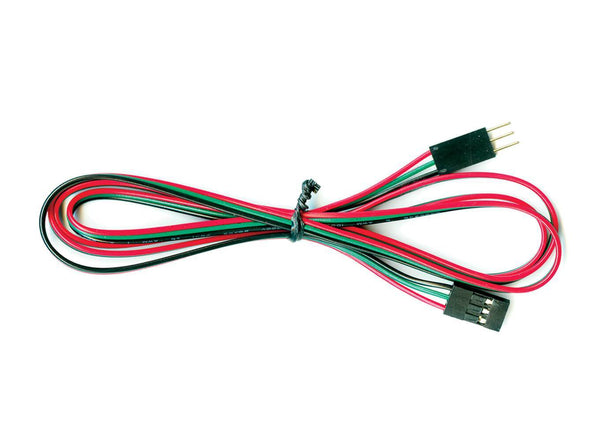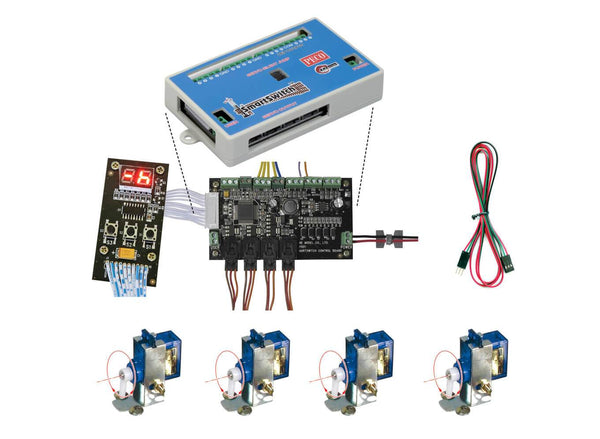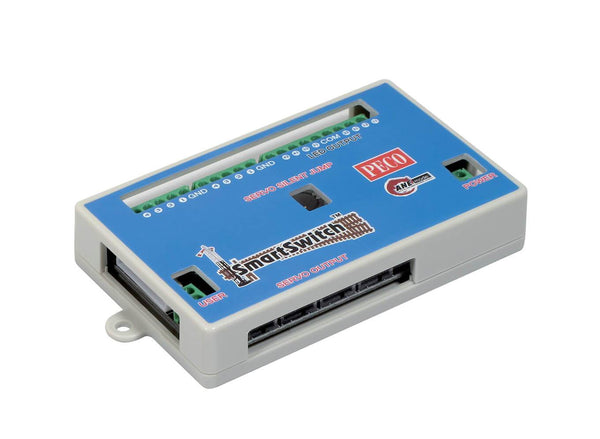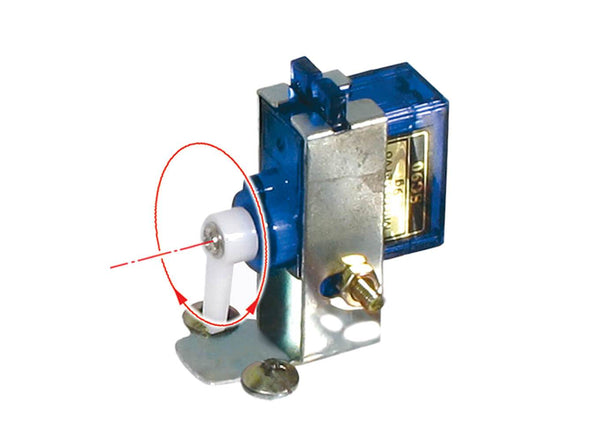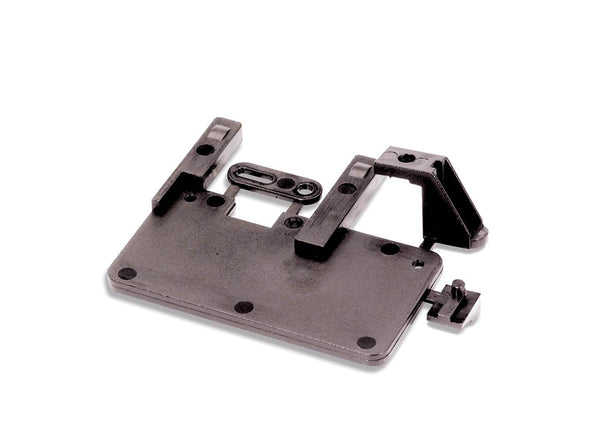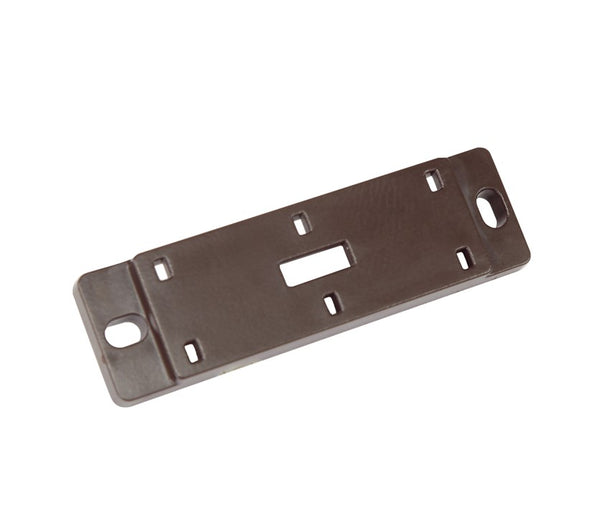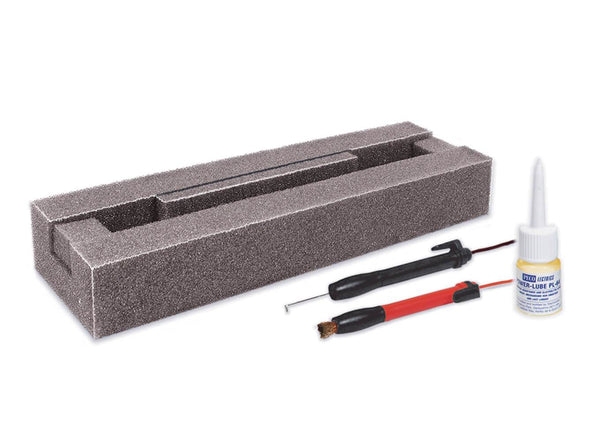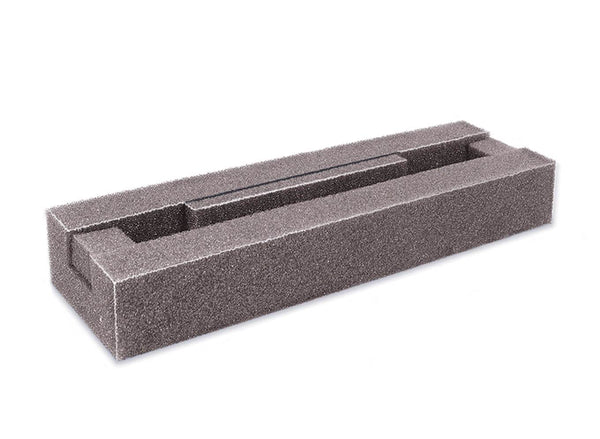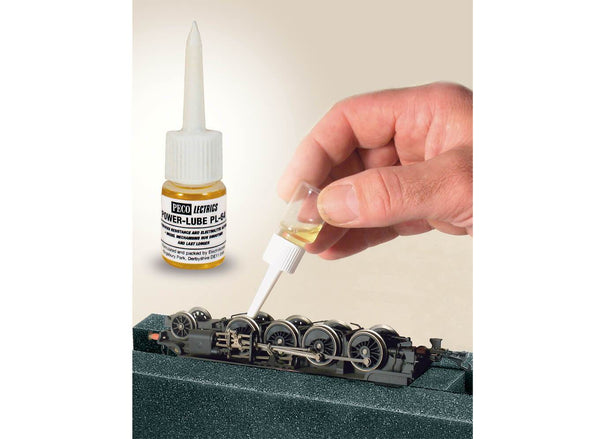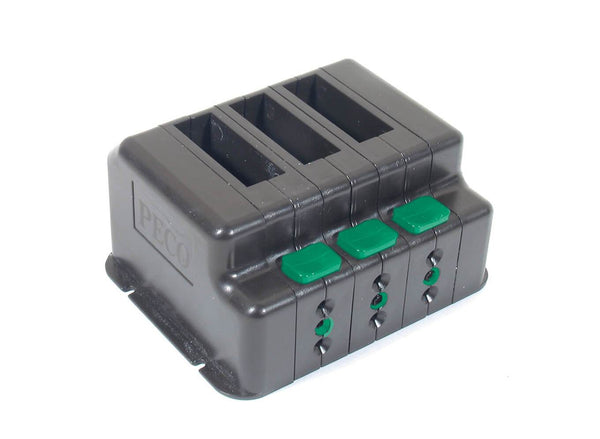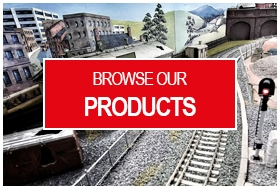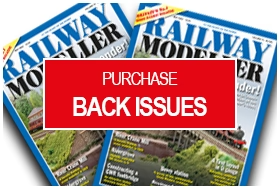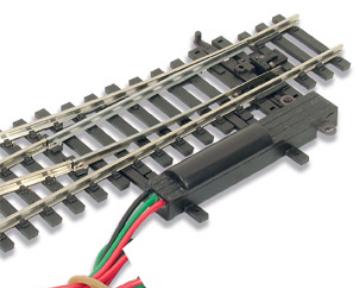BROWSE PECO PRODUCTS
Browse through our complete product portfolio.
2642 Products Found
BR Pipe Wagon
Introduced in 1949 (diagram 1/462), and intended to carry cast iron pipes, but were also used widely for other loads. Examples survived into the 1980s. These finely moulded plastic wagon kits come complete with pin point axle wheels. Glue and paint will be required, along with appropriate transfers .
LMS 20ton Loco Coal Wagon
From 1936, these wagons (diagram 1974) carried coal to the company’s loco depots. Used by for general coal traffic until the late 1960s. These finely moulded plastic wagon kits come complete with pin point axle wheels. Glue and paint will be required, along with appropriate transfers .
GWR 20ton Coal Wagon
Introduced in 1924, and part of GWR’s drive to use higher capacity wagons. Known as ‘Pole’ wagons (diagram N24) after the company’s General Manager. These finely moulded plastic wagon kits come complete with pin point axle wheels. Glue and paint will be required, along with appropriate transfers .
LNER 20ton Loco Coal Wagon
A standard 1930s design, they carried coal to the company’s loco depots. Used by BR for general coal traffic. Withdrawn around 1960. These finely moulded plastic wagon kits come complete with pin point axle wheels. Glue and paint will be required, along with appropriate transfers .
BR 12foot Wheelbase Chassis
Kit and scratch builder's accessory. These finely moulded plastic wagon kits come complete with pin point axle wheels. Glue and paint will be required, along with appropriate transfers .
BR 24ton Mineral Wagon
Over 2000 of these wagons were built to carry coal to large concerns such as power stations and steel works. Period 1953-1982. These finely moulded plastic wagon kits come complete with pin point axle wheels. Glue and paint will be required, along with appropriate transfers .
BR Grampus Engineers Ballast Wagon
Over 4000 of these wagons were built to carry sleepers and ballast for track maintenance. Period 1951 to present. These finely moulded plastic wagon kits come complete with pin point axle wheels. Glue and paint will be required, along with appropriate transfers .
Your Guide to 00 Gauge Railway Modelling
From choosing a suitable location for your 00 Gauge layout, and the type of control methods to use, this book is packed with advise and inspiration for new railway modellers and returnees to the hobby alike. There is also a look back at the history of 00 gauge, and a wealth of practical projects, many of which will be simple evenings' tasks that will enhance your models and hone new skills. Additionally, maintenance advice is given to keep your layout in tip top condition, plus a selection of track plans to help you get started. 122 pages fully illustrated.
All PECO Publications now available as digital downloads on tablets and mobile devices through their respective App Stores. Download on the App Store or get it on Google Play.
Your Guide to Modelling European Railways
An inspirational 122 page book looking at the railways of Europe, includes some first class modelling of interesting places; also ideas for modelling and construction techniques.
All PECO Publications now available as digital downloads on tablets and mobile devices through their respective App Stores. Download on the App Store or get it on Google Play.
Track Plans for Layouts to Suit all Locations
As well as the starting point for most model railway projects, trackplans are a fascinating aspect of the hobby in their own right. For many years they have been a popular feature in Railway Modeller magazine and are presented here for the first time in one handy volume. 64 pages fully illustrated.
All PECO Publications now available as digital downloads on tablets and mobile devices through their respective App Stores. Download on the App Store or get it on Google Play.
Your Guide to Modelling American Railroads
The sheer variety of railroads in North America makes them a subject with enormous potential for enthusiasts everywhere. This invaluable guide is aimed at everyone who wishes to start modelling or enjoys this perennially fascinating subject. 130 pages fully illustrated.
All PECO Publications now available as digital downloads on tablets and mobile devices through their respective App Stores. Download on the App Store or get it on Google Play.
Smartswitch Stationary Decoder
The Smartswitch(TM) system can be used to operate turnouts, semaphore signals, level crossing gates and barriers and other moving features. This Stationary Decoder provides an interface between a Smartswitch Control Board and a DCC control system to enable the operation of turnouts, semaphore signals, crossing gates etc through a DCC controller. Watch the videos to see the potential uses and ease of installation of this system and see our Shows You How booklet No. 24 Operating Points and Signals.
Smartfrog V6
The Smartswitch(TM) system can be used to operate turnouts, semaphore signals, level crossing gates and barriers and other moving features. This Smartfrog unit facilitates changing frog polarity when using the Smartswitch system to operate turnouts. Watch the videos to see the potential uses and ease of installation of this system and see our Shows You How booklet No. 24 Operating Points and Signals.
Smartswitch 1m Cable Extension (Pack of 2)
The Smartswitch(TM) system can be used to operate turnouts, semaphore signals, level crossing gates and barriers and other moving features. This Extension cable allows a servo to be located up to a metre further away from the Control Board. Watch the videos to see the potential uses and ease of installation of this system and see our Shows You How booklet No. 24 Operating Points and Signals.
Smartswitch Set
The Smartswitch(TM) system can be used to operate turnouts, semaphore signals, level crossing gates and barriers and other moving features. This set contains 4 Servos, operating wires, mounting brackets and switches plus a Smartswitch Control Board, Programming Board and also the all important Instruction Manual. Watch the videos to see the potential uses and ease of installation of this system and see our Shows You How booklet No. 24 Operating Points and Signals.
Smartswitch Control Board
The Smartswitch(TM) system can be used to operate turnouts, semaphore signals, level crossing gates and barriers and other moving features. This Control Board will facilitate the control of up to 4 Servos. Watch the videos to see the potential uses and ease of installation of this system and see our Shows You How booklet No. 24 Operating Points and Signals.
Smartswitch Single Servo Motor
The Smartswitch(TM) system can be used to operate turnouts, semaphore signals, level crossing gates and barriers and other moving features. This Servo can be used in conjunction with the PLS-120 Control Board. Watch the videos to see the potential uses and ease of installation of this system and see our Shows You How booklet No. 24 Operating Points and Signals.
G scale Turnout Motors Mounting Plate
Enables an LGB(TM) motor to be fitted to a Peco G45 Turnout.
Turnout Motor Mounting Plates PL-10E series
Base unit for use with the PL-10E Turnout Motor. Fixing screws and full instructions included.
Locomotive Servicing Kit
Look after your model collection with this extremely useful kit, one handy pack has the things you need for basic cleaning and lubrication. The Kit contains Power Lube, Wheel Cleaning Brush and Scraper and the Locomotive Servicing Cradle which enables locomotives and rolling stock to be held safely during servicing, leaving both hands free. Suitable for 00/H0, N, and many narrow gauge locos.
Locomotive Servicing Cradle
Locomotives and rolling stock are held safely during servicing, leaving both hands free. Suitable for 00/H0, N, and many narrow gauge locos.
Turnout Switch Module
Enables switches to be connected without any need for soldering. Power is supplied through the fitted leads and each switch is automatically connected when fitted. Simply push the button on the front to open the holes, and feed in the bare wires from the turnout motor - no soldering or other fixing required. The PL-51 allows the PL-50 module to be extended to any size required.
